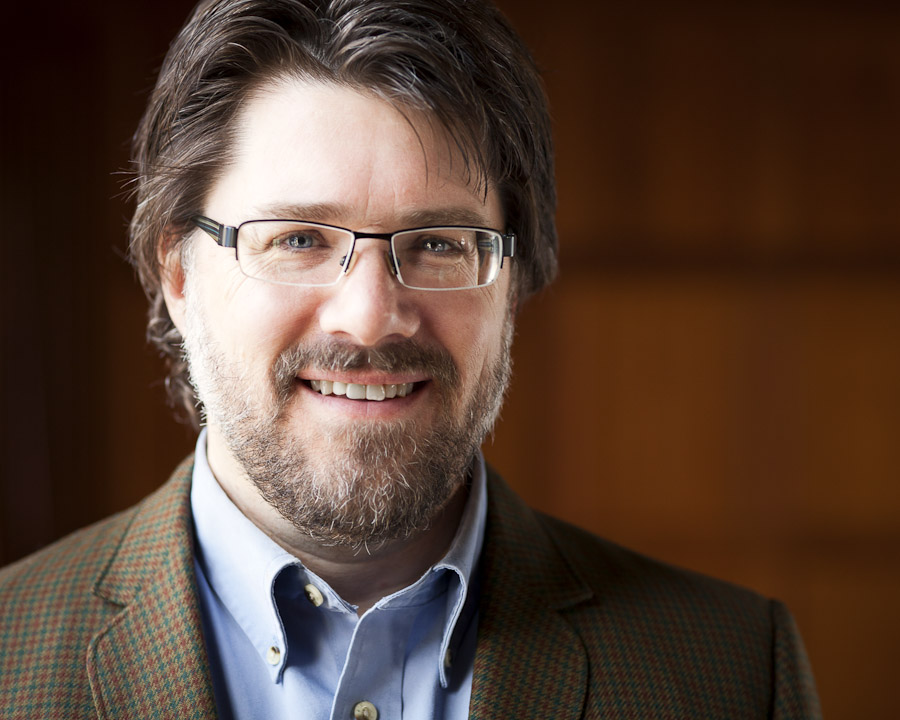Right now, one of the most powerful and influential men in the world is undoubtably Pope Francis.
Pope Francis is the first Jesuit Pope, but too few people know the specific qualities of his Order (The Society of Jesus-Ignatian spirituality). His spirituality and training powerfully and uniquely guide his worldview, philosophy of vocation and work, and themes of his prominent, worldwide administration especially when compared with his predecessors.
Through his decisions, he influences Roman Catholics internationally (a staggering 1.1 billion people) and his ideas influence and inspire many of the 2.2 billion people who consider themselves Christian (specifically: a follower of the way of Jesus), including me.
What is most influential to Pope Francis?
His training in the Society of Jesus (the Catholic Order founded by Ignatius of Loyola 400 years ago). This is what guides how he see the world and makes all his important decisions that direct the Catholic Church and influence others worldwide.
Podcast: Play in new window | Download (73.9MB) | Embed
Subscribe to Spark My Muse Apple Podcasts | Spotify | Email | TuneIn | RSS | Subscribe to Spark My Muse
Today, we will learn more about these teachings that often come out-of-sync with the ways and structures of established institutions of religion, politics, and power.


Today, you will hear from my spiritual director, Jeanine Breault, a Roman Catholic who is formally trained in the Ignatian tradition. We converse about some of the salient characteristics of the Ignatian spiritual teachings and traditions.
Thus, you will find out the manner in which Pope Francis is directed spiritually by his own spiritual director within this 400 year old spiritual tradition; learn how Ignatian spiritual directors (and the current Pope) see the world and how God works in it, and more.
SHOWNOTES: EPS 24: The (Ignatian) Spirituality of Pope Francis
MIN: 1:00
Answering: What is Ignatian Spirituality?
1:20
Finding God in all things. We are invited to notice how God is at work. More than head knowledge but an experiential knowledge.
2:30
God is always at work for the good in my life and in my world and growing in that awareness. How can I respond to God’s call?
3:10
Ignatian Spirituality in contemplative in action.
Francis of Assisi and Saint Dominic are major influences on Ignatius.
3:30 An Intimate relationship with God SO THAT I can labor with God.
Now that there is a Pope who is a Jesuit (the first in history) how does that shift the role and the the way he see the world as the head of the church.
5:00
On Pope Francis’s new letter “The Joy of the Gospel” and the Jesuit flavorings contained within and the influence on his life.
8:50
On the massive changes at the Vatican.
9:20
Who was Ignatius of Loyola? 
The story of the man who founded the Society of Jesus (the Jesuits)
Born in 1491 and his message continues to changes peoples lives.
His war injury and what changed his life.
11:30
The mystical experience he had.
12:30
He work in the discernment of spirits (his work called the Spiritual Exercises) and how these forces work in our lives.
13:10
Discerning and choosing between two goods.
13:30
The rules for discernment that can be applied to anyone at anytime.
14:30
The basic of the rules of discernment.
When a person is oriented to God and desires to please God, then God confirms that and gives graces of peace, joy, and comfort. The opposite feelings do not come from God (fear, anxiety, discouragement, despair, etc).
16:20
Through the Ignatian spiritual exercises, one can figure out what is of God and what is not.
17:40
People coming to direction for the first time are really grappling with a sense of God’s love for them (and not really believing it.)
19:00
Coming to a spirit-led decision and grace is involved.
19:30
Overcoming the obstacle of unworthiness.
20:00
Working at cultivating people’s awareness. Asking questions that create space for inquiry, discovery and discernment.
21:00
We forget that God loves at at some level and it’s a continual process of remembering.
21:50
Her experience with guilt in prayer because of a lack of focus. Apologizing to God about being preoccupied. And the amazing thing God seemed to say in response.
The part of affirming the goodness of God and what God is doing in that person’s life is the job of the director.
23:45
The answer won’t expect to my question: “What do you say or do when people can’t see or sense God, or they have a blindness and are unaware?” (Maybe an “image of God problem”)
24:10
The “director” is not a good word. The Spirit of God is the actual director and it’s God’s business.
25:20
The parallel with gardening and patience for growth.
26:10
“God loves that person more than you do.”
26:00
On not “fixing” things and solving problems.
27:00
Compassionate listening and getting out of the way for God to work better.
28:00
What supervision of a spiritual director looks like so that good listening can keep happening for those directed.
29:00
Finding a director that is properly prepared to direct others is crucial.
Asking Jeanine, “What happens in your mind and heart when you find yourself wanting to solve problems and rescue someone?”
30:00
Remembering the kind of ministry direction is. A prevailing ope that God is at work and in control ultimately. It’s sacred time and time to stay focused. Setting aside things when they come up.
32:40
Do people expect you to be their counselor? And what happens when that happens during direction?
35:00
Helping people know what to expect from direction and how to find someone who is properly trained.
The international listing of trained directors. sdiworld.org
Director will work with people from any tradition.
42:30
The connection of Buddhism and Christian Mysticism in practice. Seeing the goodness in other traditions.
44:00
John O’Donohue and his comments of what Buddhism can brings to Christianity and vice versa.
46:00
Noticing the “now”.
47:00
Coming to a vibrant faith where (you realize) God is working in this very moment.
48:00
Relationships are the ways we become tuned to God and working out our salvation in real life and ordinary experiences.
49:00
Resources to continue on this path.
Ronald Rollhieser The Holy Longing and Prayer: Our Deepest Longing
Carmelite nun Ruth Borrows. Guidelines for Mystic Prayer
Anthony De Mello
Awareness
Joyce Rupp





